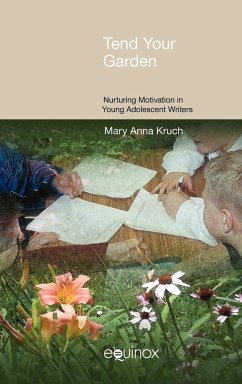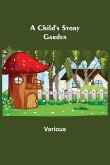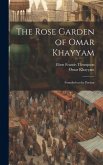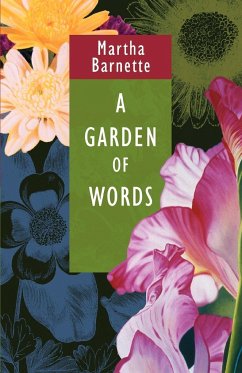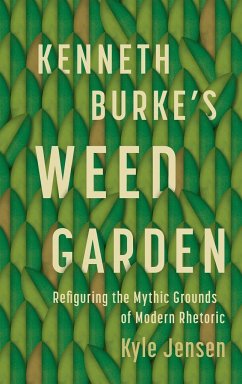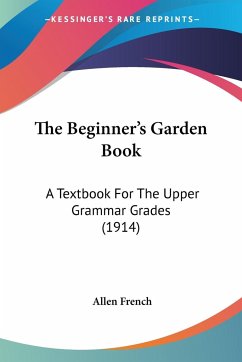Tend Your Garden offers an original and adaptable classroom model, built on a foundation of educational research, for motivating young adolescent writers. The Young Adolescent Motivation Model of Writing (YAMM) places the young adolescent learner, aged 11-14, at its center, surrounded by the components needed to motivate the learner to high levels of academic composition or creative writing. The components of the model are: teaching to the whole child; developing a writing community; presenting motivating, high-interest lessons; integrating process writing across the curriculum; offering choice and critical thinking; building upon each writer's strengths; and using authentic assessment. Each component is revealed within succeeding chapters that blend best practice pedagogy with related theory. Sample lessons that fit the needs and engagement levels of young adolescent writers are provided, representing a wide array of writing genres and content area subjects. The YAMM model and the illustrative lessons build upon a background of motivation theory, authentic inquiry, and multi-modal responses. Literature, drama, music, drawing, and painting are offered both as invitations to writing and as responses to writing, and these are applied within a process-based, workshop format, with teacher modeling of each stage of the writing process. The approach recognizes motivation that is tied to the needs of young adolescent writers and that places responsibility on students in their development as writers and learners, while the teacher assumes a facilitative and supportive role of discovering the strengths, interests, and literacy needs of each student. The holistic, learner-centered process approach represented by the YAMM model nurtures students' motivation for achieving success in writing because it necessitates evolving, facilitative roles for the teacher in a collaborative writing community decidedly focused on the success of all young adolescent writers. A primary purpose for writing the text is to identify and describe the characteristic needs of young adolescents, and what these needs imply for those student writers, to the key adults in their lives-teachers, school officials, and parents-who undoubtedly support these young people's achievements. The author selects and weaves thirty years of classroom teaching experiences into each chapter, highlighting memorable moments with her students and inserting her own reflections and inspirations of learning to write along with her students. Teachers who read Tend Your Garden are likely to find points of commonality with the author and enjoy reliving their own moments as teachers and as students, as they gain new insights about their students and about the approaches that are effective with young adolescent writers.

